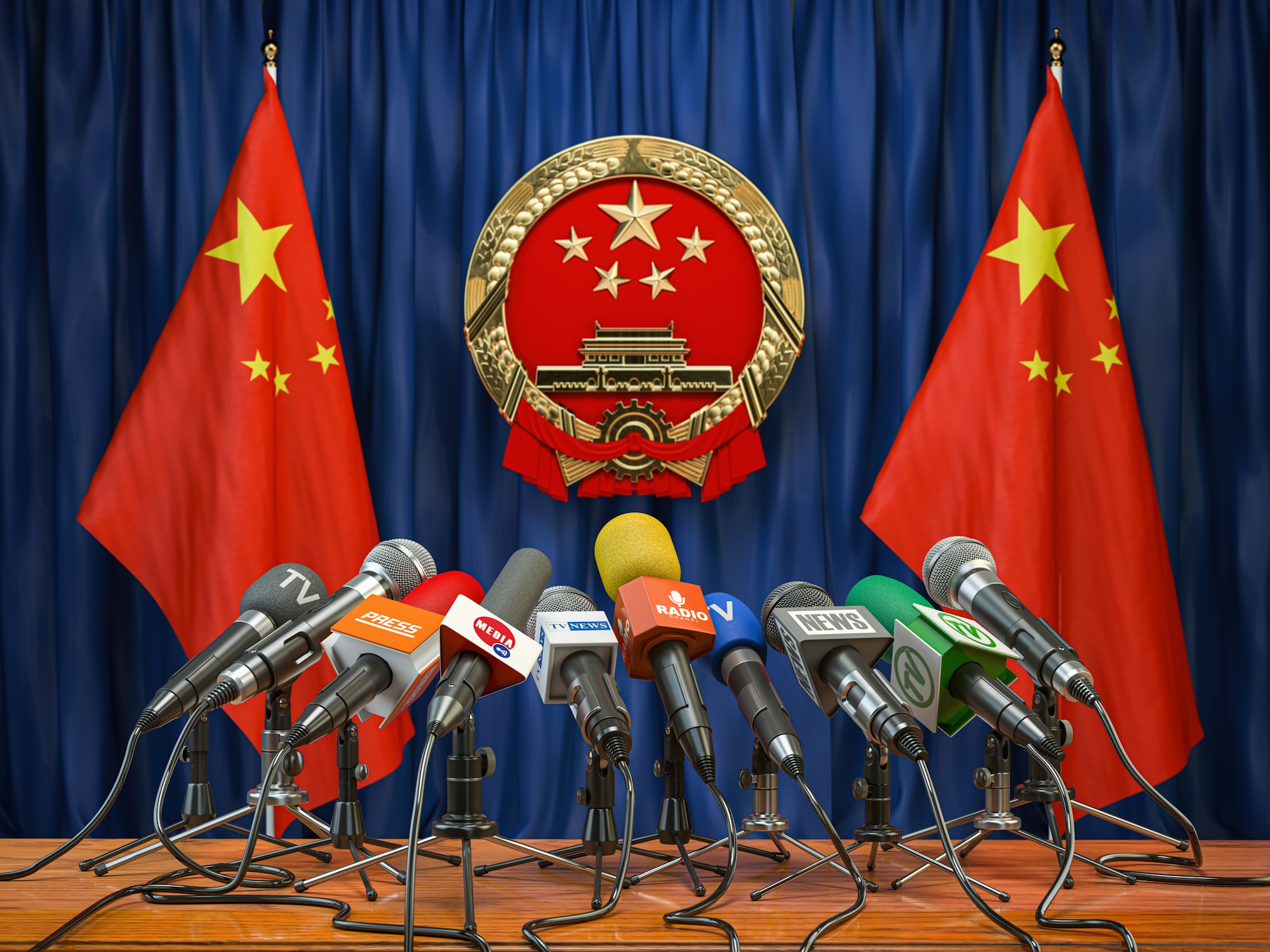Overview
What Was Discussed
At the third gathering of the 20th Communist Party of China Central Committee, top Chinese leaders, including President Xi Jinping, met to discuss strategies to revitalize China’s economy. They aimed to reshape various sectors to achieve “Chinese-style modernization” by 2035, focusing on fairness, innovation, and environmental sustainability under the Communist Party’s oversight.

Current Economic Problems
The leaders discussed big plans like boosting technology development, improving social services, and changing how taxes and finances are handled. However, they didn’t provide many details on addressing immediate issues like low consumer spending, the struggling real estate market, and increasing local government debts. This lack of detail has left international investors seeking more information.
New Policies and Their Economic Effects
Changes in How the Economy Is Managed
Xi Jinping’s government has focused on supporting state-owned companies and increasing regulations, moving away from earlier promises to let market forces lead the economy. This shift has discouraged private investments and led to higher unemployment.
National Security and Monitoring the Economy
The government is paying more attention to national security, which has influenced economic policies. There is more monitoring of economic activities and foreign businesses, especially to prevent spying. This has made foreign investors wary and increased tensions with other countries.
Long-term Plans for Reform
Focusing on High-Quality Growth
The leaders want to focus on “high-quality development” and aim to make China self-reliant in key technologies like advanced semiconductors. This move is important for shifting from an economy that depends too much on building infrastructure and borrowing money to one driven by technological advancements.
Improving Social and Economic Systems
A big part of the plan is the “common prosperity” agenda, which aims to distribute wealth more fairly among Chinese people. This could help turn the economy towards more spending by local consumers.
Changing Fiscal and Financial Systems
The government plans to change how money and finances are managed, especially to help local governments deal with their debt. These changes might include allowing local areas to keep more of their revenue and rely less on unstable income sources like selling land.
Short-term Economic Goals
Setting Economic Growth Targets
With China’s economy not doing as well as hoped, the government has set a goal for the GDP to grow by 5% in 2024. This target highlights the difficulties that China’s economic leaders are facing.
Tweaking Policies for Quick Results
The government is ready to change policies to achieve short-term goals, hinting at possibly more aggressive measures in the second half of the year to help meet the growth targets.
This summary breaks down the strategies and potential impacts discussed at China’s third plenum, including economic reforms, the role of national security, and the shift towards more state control in policymaking. It also looks at the challenges and directions that could influence China’s economic future.

Frequently Asked Questions
1. What is the main focus of China’s economic strategies discussed in the Third Plenum?
The main focus of China’s economic strategies discussed in the Third Plenum is to achieve “Chinese-style modernization” by 2035. This involves deep reforms across various sectors with an emphasis on fairness, innovation, and environmental sustainability under strict Communist Party oversight. Key goals include enhancing technological self-reliance, improving social welfare, and overhauling fiscal and financial systems.
2. How will the new policies impact China’s approach to economic management and national security?
The new policies reflect a significant shift towards greater state control and regulation, moving away from earlier promises to let market forces play a decisive role. This approach has discouraged private sector investment and increased unemployment. Additionally, there is a heightened focus on national security, leading to more scrutiny of economic sectors and foreign enterprises to prevent espionage, which has deterred foreign investment and increased geopolitical tensions.
3. What are the short-term economic goals and strategies for achieving them?
In the short term, China has set a GDP growth target of 5% for 2024 to address recent disappointing economic performance. To achieve this, the government is willing to adjust policies and potentially adopt a more expansionary stance in the latter half of the year. This includes supporting technological innovation, improving social services, and reforming fiscal and financial systems to manage local government debt and stimulate economic growth.
Sources CNN


